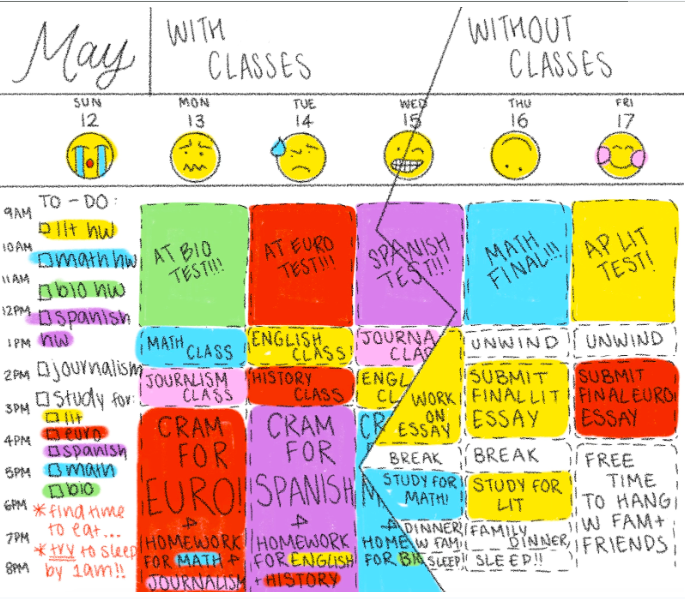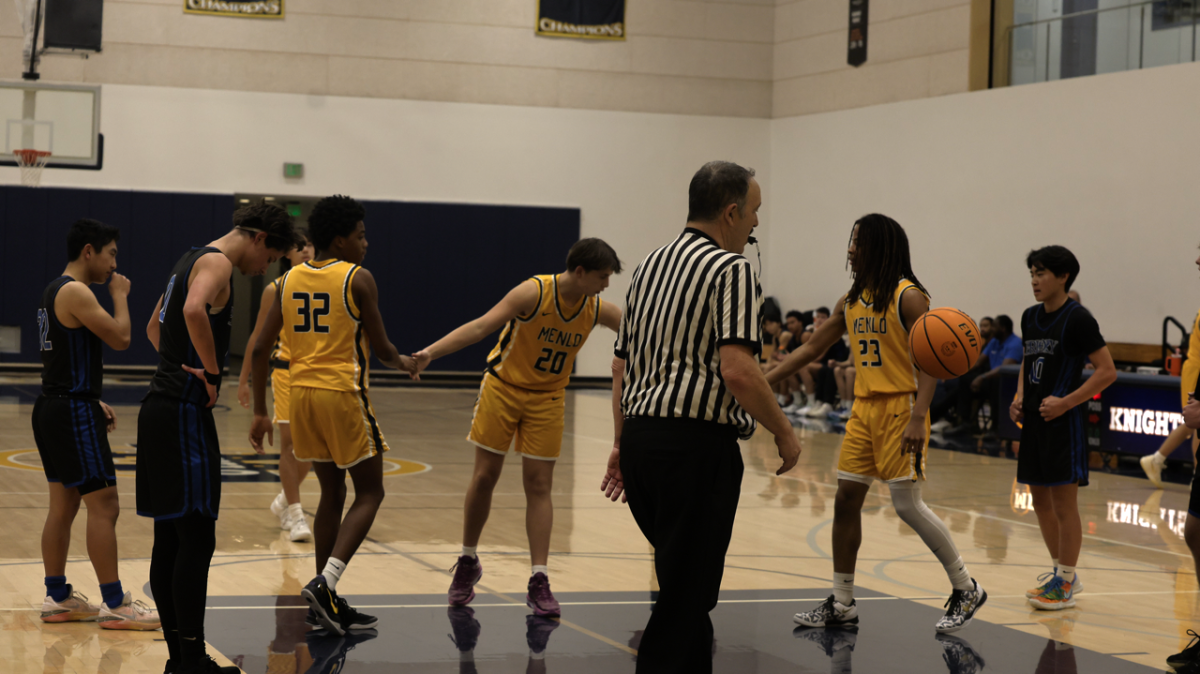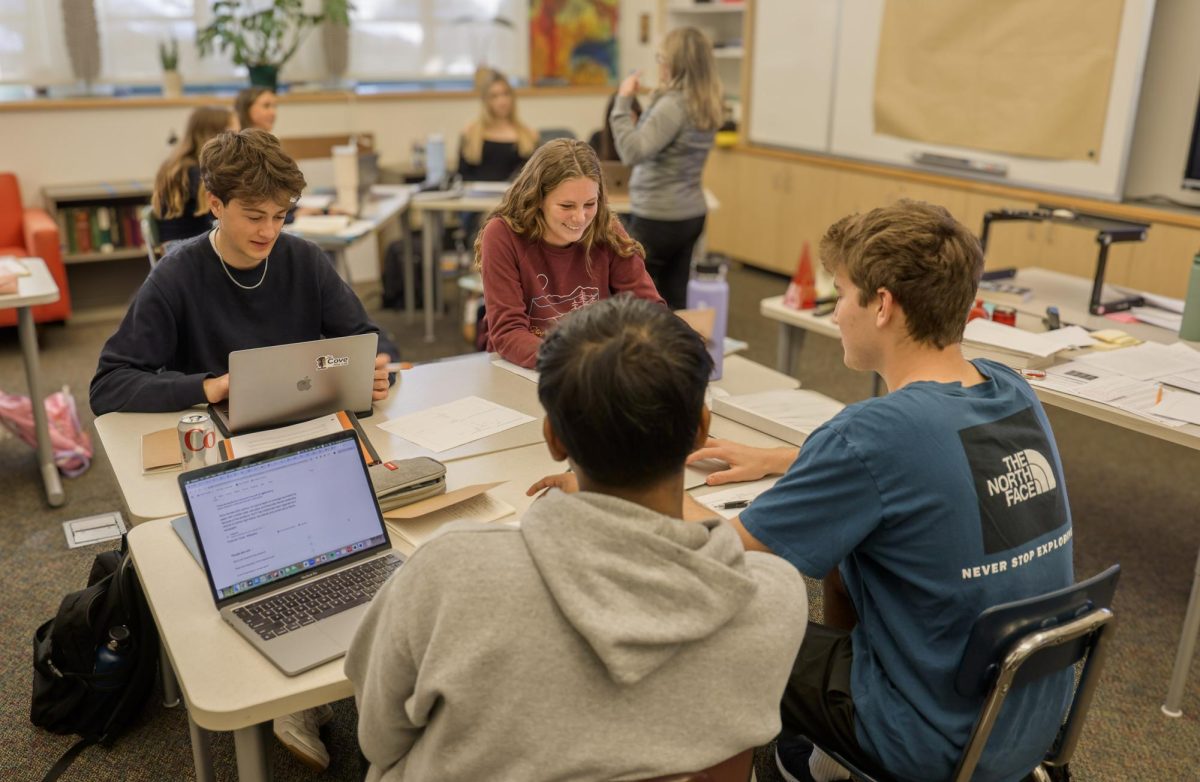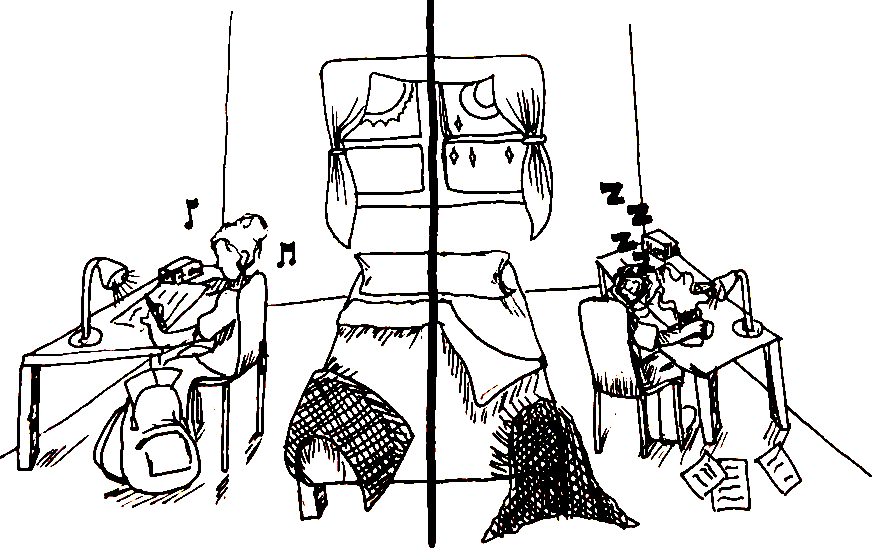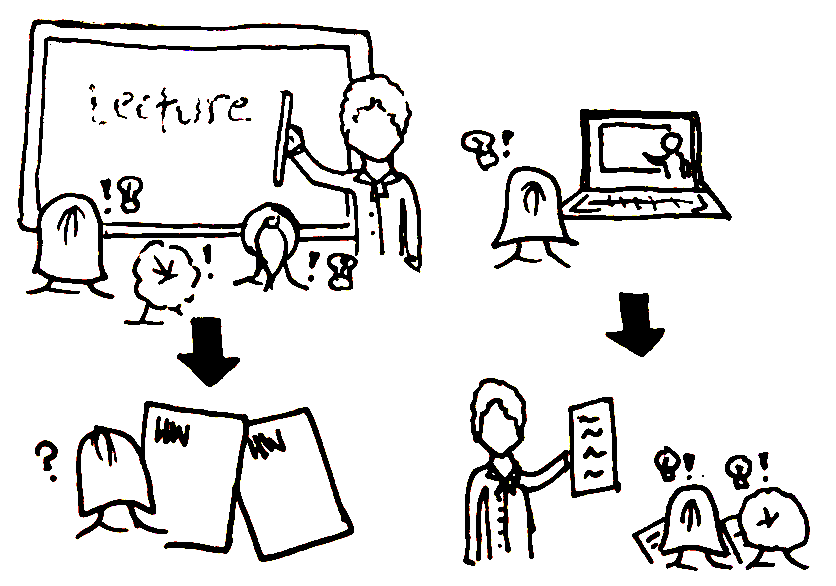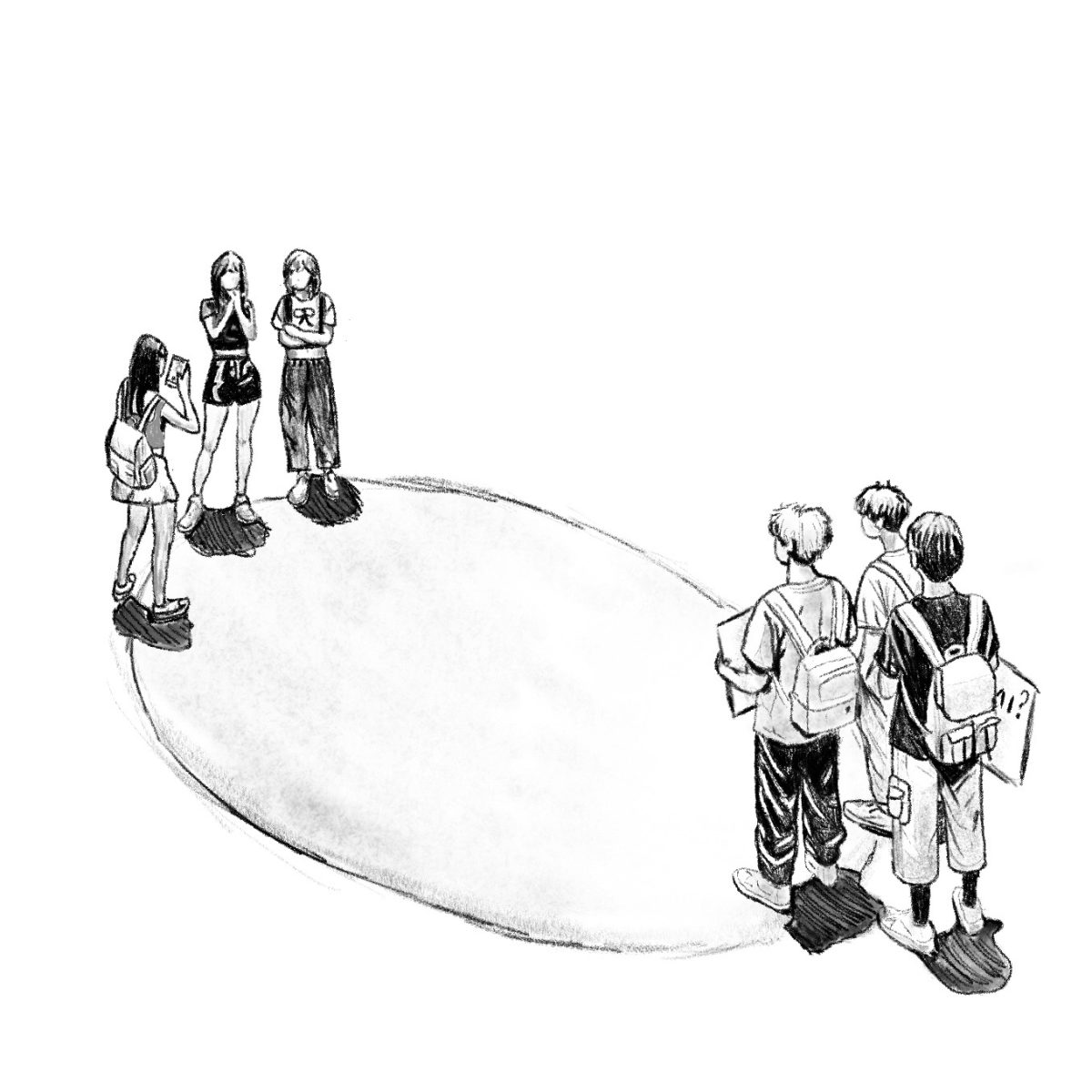Final exams are an integral part of Menlo’s testing system. Two times every school year, Menlo students take a cumulative test that encapsulates everything they have learned that semester, or year, for a particular subject. Now, when finals are coming up in just a matter of days, students need to have adequate study time. That is why I believe there should be no classes during finals week; having no classes during such an important week allows students to focus on studying, have more flexibility to manage their time and allows them to go to tutorial and ask teachers their questions.
Finals should be studied sufficiently to achieve a higher score. Having additional time for studying will accomplish that. This year, finals week coincides with a week of regular classes, during which some teachers assign additional tests, quizzes, and homework that exhaust students mentally. Furthermore, it caps the amount of time students can allot to studying for finals. A shorter study time results in less overall material review, which can cause students feelings of unpreparedness and stress. To mitigate that, longer study periods without interruptions can boost the retention of information. Students can review important concepts multiple times, strengthen learning through repetition and link new information to previously learned material, resulting in improved long-term retention and comprehension. However, with Menlo’s current final exam schedule, it can be hard for some, especially if they need to catch up on work.
With no classes during finals week, students would have a more flexible schedule, reducing mental and emotional strain. To ensure overall well-being, it is important for them to incorporate breaks, exercise, relaxation techniques, and sufficient sleep into their study routine. Furthermore, students have the flexibility to personalize their study timetable according to their individual preferences and when they are most productive. By scheduling study sessions when they are most alert and focused, it can really help improve their efficiency and memory.
Finally, the absence of classes during finals provides students with additional opportunities to meet with teachers during tutorial. Seeking assistance from teachers is crucial, especially when the stakes are elevated and the pressure to perform well is high. Teachers frequently schedule additional time during finals week for review sessions or tutorials, providing support for students’ questions and concerns about the material. Without classes during finals week, instructors can give undivided attention to the class without regular distractions. Students can also have pretty meaningful conversations with teachers to develop their understanding of the course material and class. As a result, they can have increased self-confidence and reduced anxiety, enabling them to approach exams feeling prepared and confident.
Overall, the absence of regular classes during this critical week enables students to concentrate on studying, affording them greater flexibility in managing their time. A lack of classes can also offer them the chance to attend tutorials, seek study assistance and review concepts. As finals week approaches, I hope Menlo can consider this serious proposal for future years. Good luck to students on finals!


